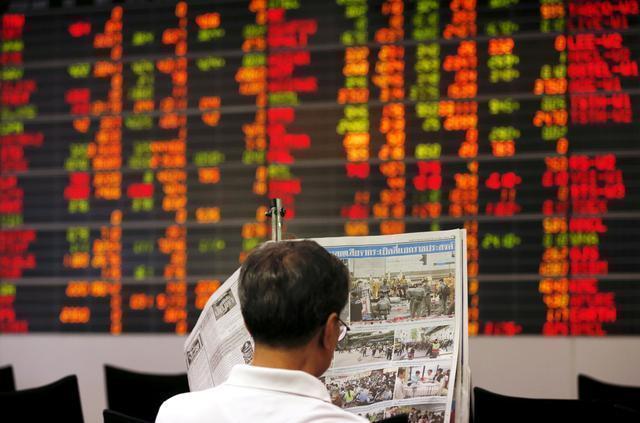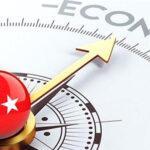The energy supply security problem in Europe caused by the Russia-Ukraine war has positioned Turkey in key supply routes, according to daily DUNYA and TR Monitor Energy Columnist Mehmet Kara. The main agenda item of diplomatic traffic, which has intensified with the impact of the war, has been to increase the volume of natural gas delivered to Europe through Turkey. Europe, which strives to decrease its dependence on imported Russian gas, hopes to increase the capacity of the Trans-Anatolian Natural Gas Pipeline (TANAP) delivering Azeri gas to Europe via Turkey. The financing of a parallel pipeline is expected to be undertaken by Germany. Turkey has also become the only option to carry Israeli gas to Europe following the collapse of the Eastern Mediterranean pipeline (EastMed) project, which was planned to directly connect the East Mediterranean energy resources to mainland Greece via Cyprus and Crete.
However, the issue around the expansion of existing gas fields, which hasn’t been discussed yet, is that Turkey doesn’t just want to host a pipeline. Turkey, which aims to be a gas hub but imports natural gas from Azerbaijan, Russia, and Iran, has a comprehensive contract with its three liquefied natural gas (LNG) entry points. Moreover, TANAP is still far from meeting Turkey’s desire for domestic production and transformation into a gas trading point as it currently has a structure that transports gas from Turkey. Although it’s known that Europe is seeking alternatives to decrease dependence on Russia, all parties are deliberating on new agreements.
Following the Cabinet meeting, President Recep Tayyip Erdogan announced that the upper limit of the Treasury-backed loans would be raised to accelerate farmers’ access to finance.
Head of the EU Delegation to Turkey Nikolaus Meyer-Landrut said Turkey’s participation in the European Union’s (EU) Digital Europe Programme (DIGITAL) is very important and they are working to have Turkey participate in many EU programs. Speaking in an exclusive interview with daily DUNYA, Meyer-Landrut also stated that the Customs Union has made an important contribution to the transformation of the Turkish economy over the past 25 years, but this transformative power has almost come to an end. Meyer-Landrut also emphasized that ‘green transformation’ will be the next great transformation that will pave the way for Turkey to have closer relations and new areas of cooperation with Europe.
Russian Deputy Prime Minister Viktoria Abramchenko said Russia doesn’t have supply shortages of any products and Russia has increased imports of various products from foreign countries, including Turkey.
DAILY AGENDA
The private sector’s total outstanding loans received from abroad dropped by USD 305m to USD 168.6bn in January, according to the Central Bank.
The Central Bank will release the Residential Property Price Index (RPPI) for January (2:30 p.m.).
Foreign Minister Mevlut Cavusoglu will meet with his Russian counterpart, Sergey Lavrov, in Moscow. The parties will hold a joint press conference following the meeting.
President Recep Tayyip Erdogan will receive his Polish counterpart, Andrzej Duda. The parties will hold a joint press conference following the meeting.
READ SELECTED ARTICLE FROM OUR MAGAZINE:
Our Foreign Policy Columnist Zeynep Gurcanli analyzes the recent mobilization in Syria.










